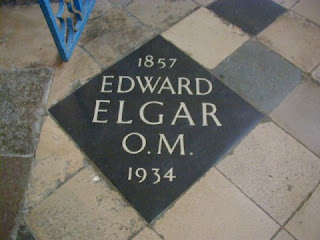In a recent news article there was confusion on this, when a baseball team was referred to as a ship that had hit an iceberg and “floundered.”
The noun “flounder” is a fish. The verb “flounder” means “to struggle awkwardly to move, as in deep mud or snow; plunge about in a stumbling manner.”
This could certainly describe a struggling football team’s woeful efforts, but not when it’s being compared to a ship. A ship in trouble can “founder” — “to fill with water, as during a storm, and sink.”
Applied to things other than ships and boats, to founder is “to break down; collapse; fail.”
Something that’s floundering is still making some effort, even if inelegantly. Something that’s foundered has stopped moving altogether.
How to keep them straight? Once again, I bow to the great Daffy Duck, who says of a foe temporarily knocked unconscious:
“He’s colder than a foundered flounder.”
For now, th-th-that’s all, folks!
Except for a reply from my letter to the editor. It must be lost in the mail.There was recent confusion on this, when a football team was referred to as a ship that had hit an iceberg and “floundered.”
The noun “flounder” is a fish. The verb “flounder” means “to struggle awkwardly to move, as in deep mud or snow; plunge about in a stumbling manner.”
This could certainly describe a struggling football team’s woeful efforts, but not when it’s being compared to a ship. A ship in trouble can “founder” — “to fill with water, as during a storm, and sink.”
Applied to things other than ships and boats, to founder is “to break down; collapse; fail.”
Something that’s floundering is still making some effort, even if inelegantly. Something that’s foundered has stopped moving altogether.
How to keep them straight? Once again, I bow to the great Daffy Duck, who says of a foe temporarily knocked unconscious:
“He’s colder than a foundered flounder.”
For now, th-th-that’s all, folks!
Except for a reply from my letter to the editor. It must be lost in the mail.There was recent confusion on this, when a football team was referred to as a ship that had hit an iceberg and “floundered.”








